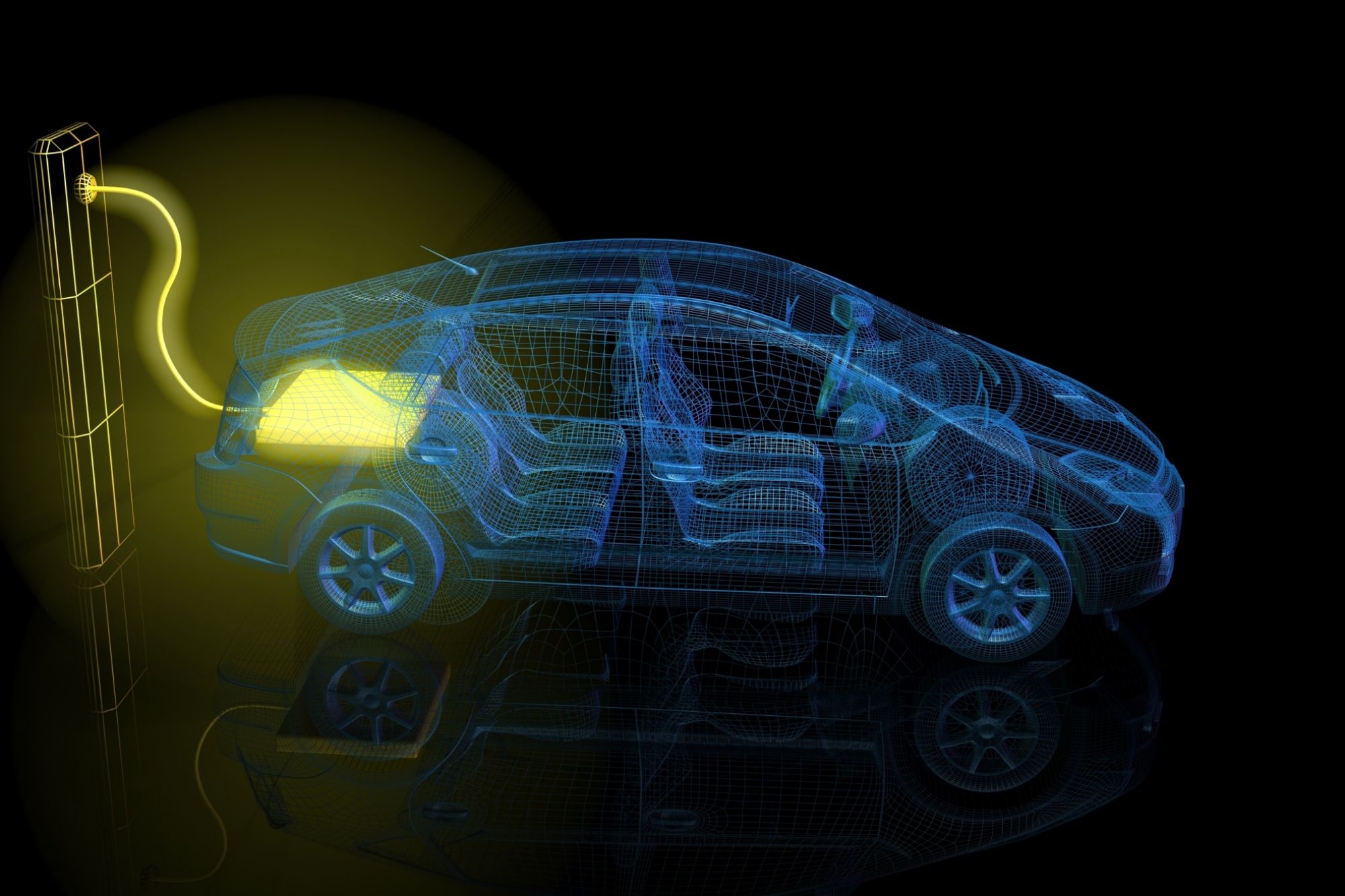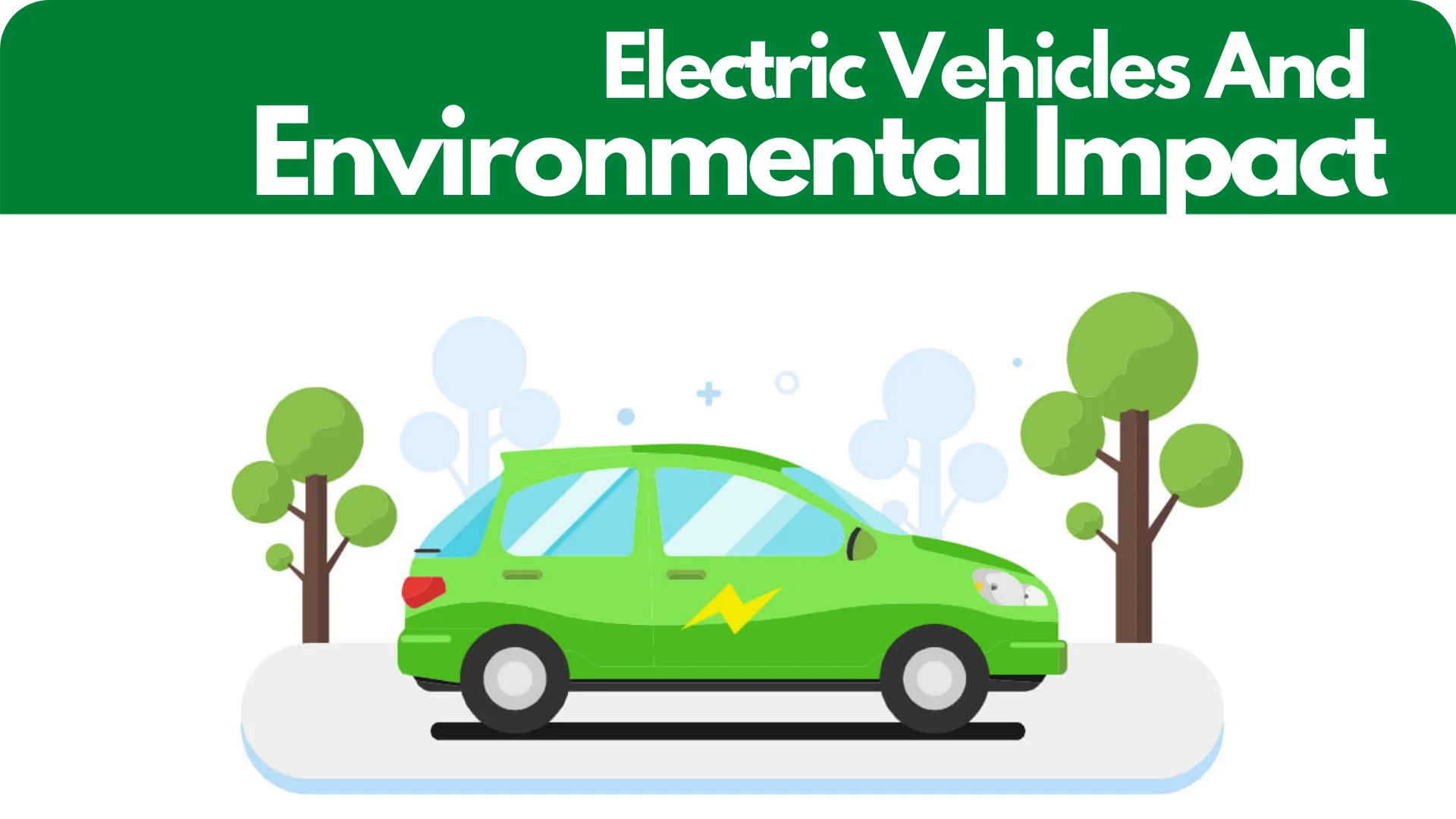In-depth Look at Electric Cars' Future
Dive deep into the world of electric vehicles, discussing what the future holds for this booming industry.

The future of electric vehicles (EVs) is a topic that's caught the attention of industry insiders and car enthusiasts alike in recent years. As manufacturers continue to innovate, global governments impose stricter emission regulations, and consumers grow more environmentally conscious, the demand and development of electric vehicles are poised to dramatically transform the automotive industry. This comprehensive article seeks to dive into the future of this booming sector, offering insights into the emerging trends, potential challenges, and opportunities awaiting on the horizon.
Unfolding the Future of Electric Vehicles
There's no denying the positive curve in the trajectory of electric cars. With the automobile industry turning a new leaf, let's delve into the fascinating realm and explore what the future holds for electric vehicles.
Table of Contents
- Emerging Technology Trends in Electric Vehicles
- Market Growth Potential of Electric Vehicles
- Implication of Electric Vehicles on Environment
- Challenges Ahead for the Electric Vehicle Industry
- Future Outlook for Electric Cars
Please note: The following sections explore the various facets of the electric vehicle industry, spotlighting the promising tech trends and estimating the possible growth forecast. We will also delve into the environmental impact of this shift and highlight the forthcoming challenges and opportunities.
Emerging Technology Trends in Electric Vehicles

When it comes to the electric vehicle industry, the future looks bright, driven by a wave of emerging technology trends. We've identified three main tech trends shaping this industry:
- Improved Battery Technology: As the heart of any EV, battery technology is advancing at a rapid pace. Innovations such as solid-state batteries could offer longer ranges and shorter charging times, which are currently two major pain points for users.
- Autonomous Vehicles: Although autonomous technology is not exclusive to electric vehicles, combining these two aspects may open doors for unprecedented growth. The advent of self-driving electric cars might re-define mobility in the coming years.
- Integration with Renewable Energy: The shift to electric power embraces the concept of sustainability. A future in which electric vehicles are powered by renewable energy sources is plausible and much anticipated.
Increased Connectivity in Electric Vehicles
Another trend worth noting is the heightened connectivity in electric vehicles. The Internet of Things (IoT) and Artificial Intelligence (AI) are increasingly being integrated into these vehicles, which results in smart cars capable of maintaining constant communication with other connected devices.
Market Growth Potential of Electric Vehicles
As technology pushes the boundaries of what's possible, the market for electric vehicles is set to experience considerable growth. According to a study by Bloomberg New Energy Finance (BNEF), there could be more than 500 million electric cars on the roads by 2040.
Key Drivers of Electric Vehicle Market Growth
- Government Policies: Governments worldwide are eager to cut CO2 emissions, and many are rolling out policies to incentivize the introduction and use of electric cars.
- Falling Prices: As battery technology improves, the cost of batteries decreases. This could lead to more affordable EVs, further propelling market growth.
- Change in Consumer Attitudes: Increasing environmental consciousness among consumers is another factor driving the uptake of electric cars.
Implication of Electric Vehicles on Environment

There's a growing consensus that electric vehicles could be a decisive factor in the fight against climate change. Here's how:
- Reduced Carbon Emissions: Unlike gas-powered cars, electric cars produce zero tailpipe emissions, significantly reducing the overall amounts of CO2 and other harmful pollutants released into the atmosphere.
- Energy Efficiency: Electric vehicles are known for their superior energy efficiency. EVs can convert up to 62% of the electrical energy from the grid to power at the wheels, while conventional gasoline vehicles only convert about 21%, according to the U.S. Department of Energy.
This environmental impact, coupled with technological advancements and market potential of electric vehicles, forms a compelling argument for a shift towards more sustainable forms of transport. However, as promising as that might sound, the path to widespread adoption of electric vehicles isn't without challenges.
Challenges Ahead for the Electric Vehicle Industry
:quality(90)/p7i.vogel.de/wcms/61/ab/61ab32248d0c503b19a411c163602cab/94389724.jpeg)
Undoubtedly, there are numerous potential benefits to electric vehicles, from technological advancements and market growth to environmental implications. However, there are also several challenges that need to be addressed as we steer towards a future where electric cars are the norm, rather than the exception. Here are some of the key issues:
- Infrastructure: One significant roadblock is the lack of charging infrastructure. Quick and widespread access to charging stations is crucial for the broader adoption of electric vehicles.
- Range Anxiety: Despite the improvements, the fear of running out of charge before reaching a charging station, known as "range anxiety," is still a deterrent for potential EV buyers.
- Cost: Even with falling battery prices, electric cars are still relatively expensive compared to their fossil-fueled counterparts.
Potential Solutions
Facing these challenges ahead, the industry is diligently working on various solutions. Fast-charging technology, for instance, represents one answer to range anxiety. Developments in this area could drastically shorten charging times, making EVs more practical for long-distance travel.
Moreover, governments and private entities can work together to expand charging infrastructure, making it easier for EV owners to charge their cars. As for the cost issue, the hope is that further technological advances and economies of scale will eventually bring down the price of electric cars to a level that is competitive with traditional vehicles.
Future Outlook for Electric Cars

Looking into the future, it's clear that electric cars have a prominent role to play in global mobility. As battery technology advances, charging infrastructure expands, and electric vehicles become more affordable, we can expect to see a corresponding rise in their popularity.
Furthermore, the increasing interest in sustainable and environmentally-friendly alternatives is setting the stage for the rise of the electric vehicle industry. Already, several automakers have committed to producing more electric vehicles in the coming years, underlining their confidence in the future of this sector.
“The future of electric cars is bright, and all signs suggest that they will become an integral part of our transportation landscape,”
Evangelos Simoudis, a recognized expert on big data strategies and corporate innovation, said in an interview.
In summary, while there are definite challenges to overcome, the future of electric vehicles holds great promise. As we move further into the 21st century, we should expect to see continued growth and innovation in this dynamic segment of the automotive industry, reshaping our concepts of mobility and driving the transition towards more sustainable forms of transportation.
Stay tuned to AutoInsiderHub to keep up with the latest news and developments in this rapidly evolving field.
What's Your Reaction?































































